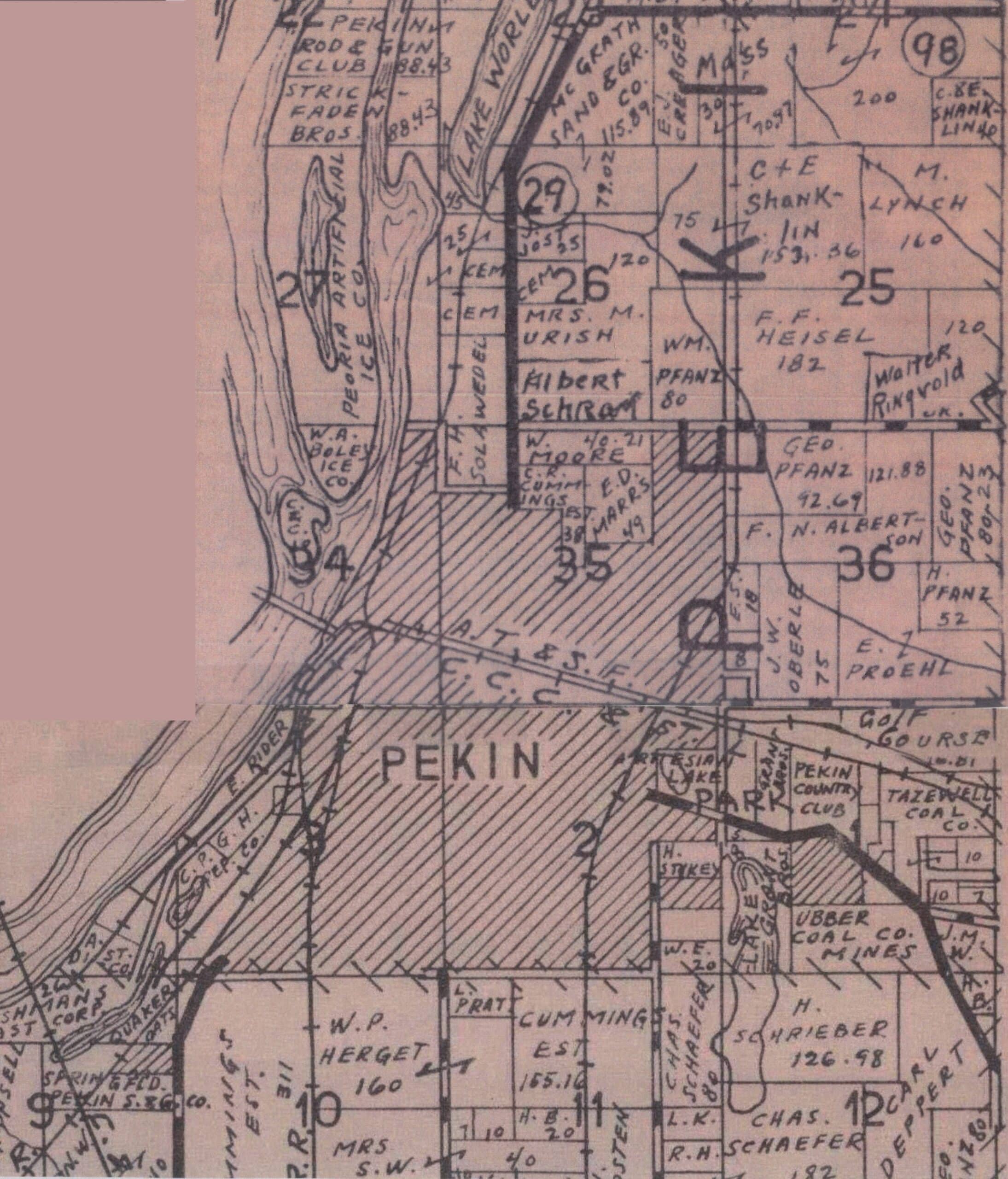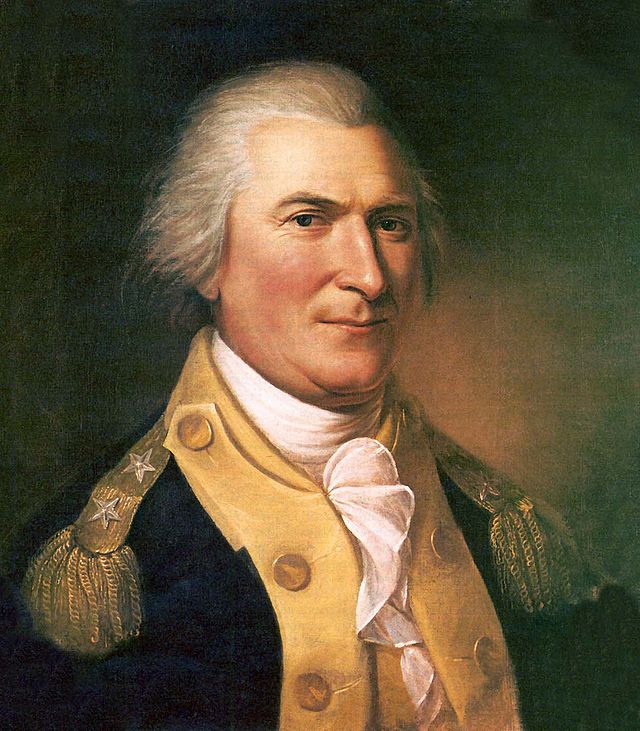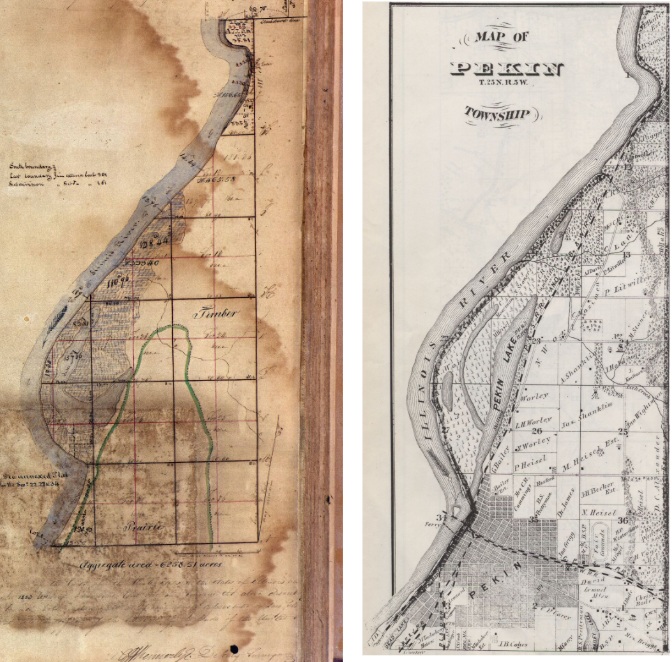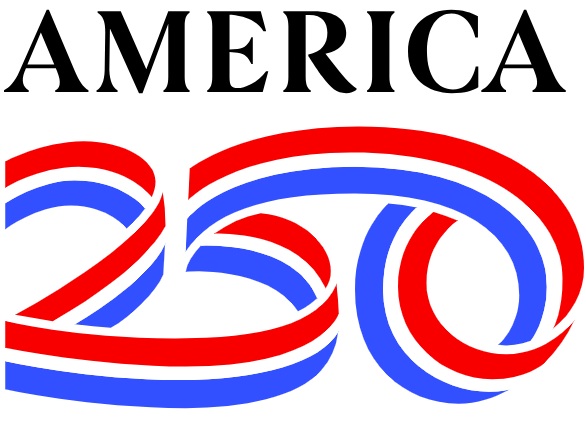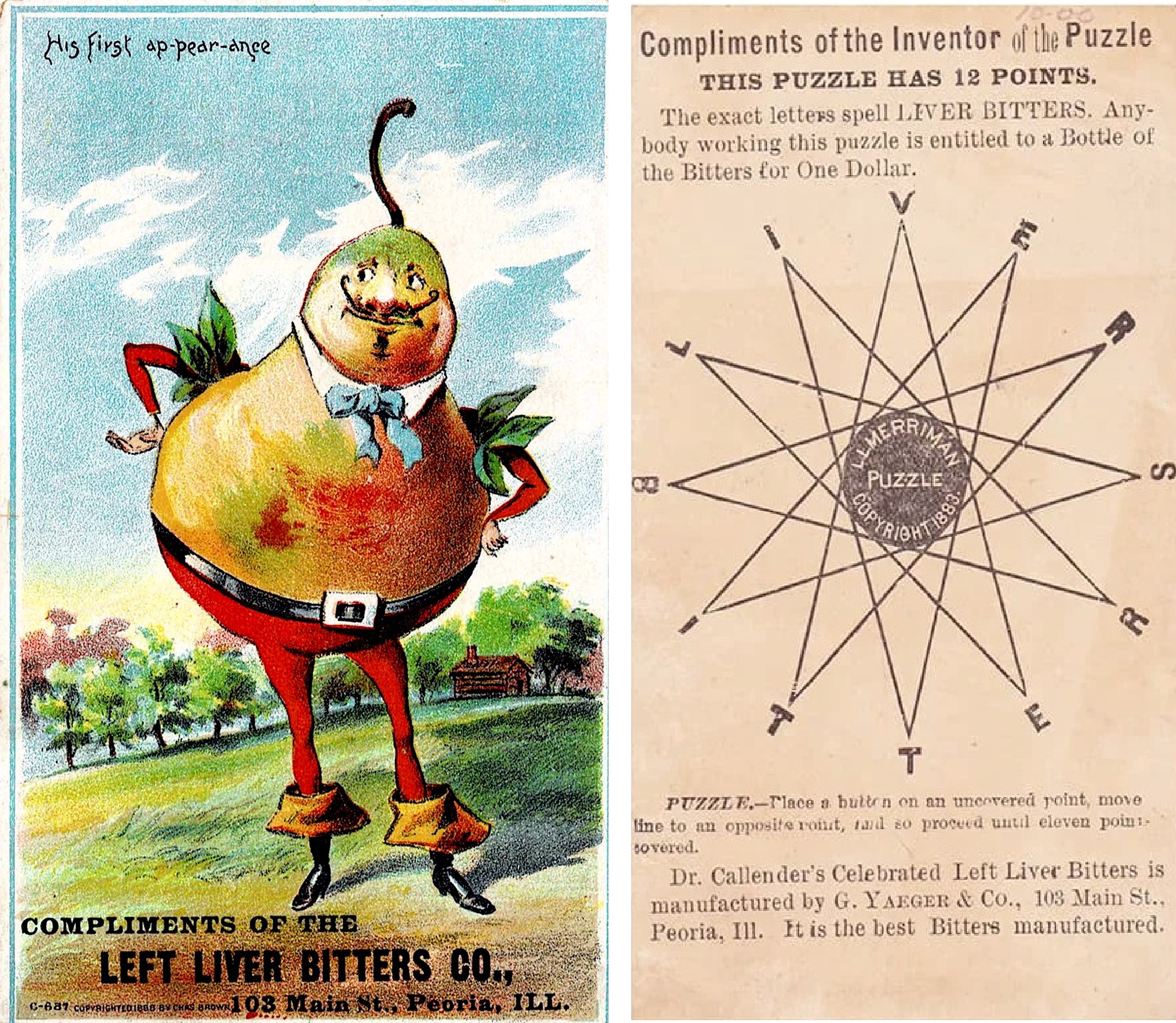This is a reprint of a “From the Local History Room” column that first appeared in August 2013, before the launch of this weblog.
Through the decades, many of Pekin’s leaders and residents have had an eye for developing and improving their community. In this week’s column, we’ll go back about seven-and-a-half decades and take a look at some of Pekin’s aspirations and desires during the 1940s.
The nation was then on a total war footing, locked in a titanic struggle against the Axis powers in Europe and Africa and the Empire of Japan in the Pacific. Even so, many Pekin residents had their minds on what their city could become when peace returned. To provide a forum for sharing ideas and gathering a list of area where Pekin could be improved, the YWCA of Pekin hosted a gathering on Tuesday night, Oct. 10, 1944, in its main room.
The forum, reported on the following day on the front page of the Pekin Daily Times, was dubbed, “What is Wrong With Pekin?” It was the first in a series of meetings organized by Mrs. R. V. Grimmer of the YWCA and chaired by Ross E. Anderson, secretary of what is today called the Pekin Area Chamber of Commerce. It was attended by city councilmen, clergymen, school teachers and administrators, doctors “and citizens of all classifications,” the Daily Times reported. Originally planned for just an hour, the meeting actually lasted two hours and had to end with 50 more people still waiting to have their say.
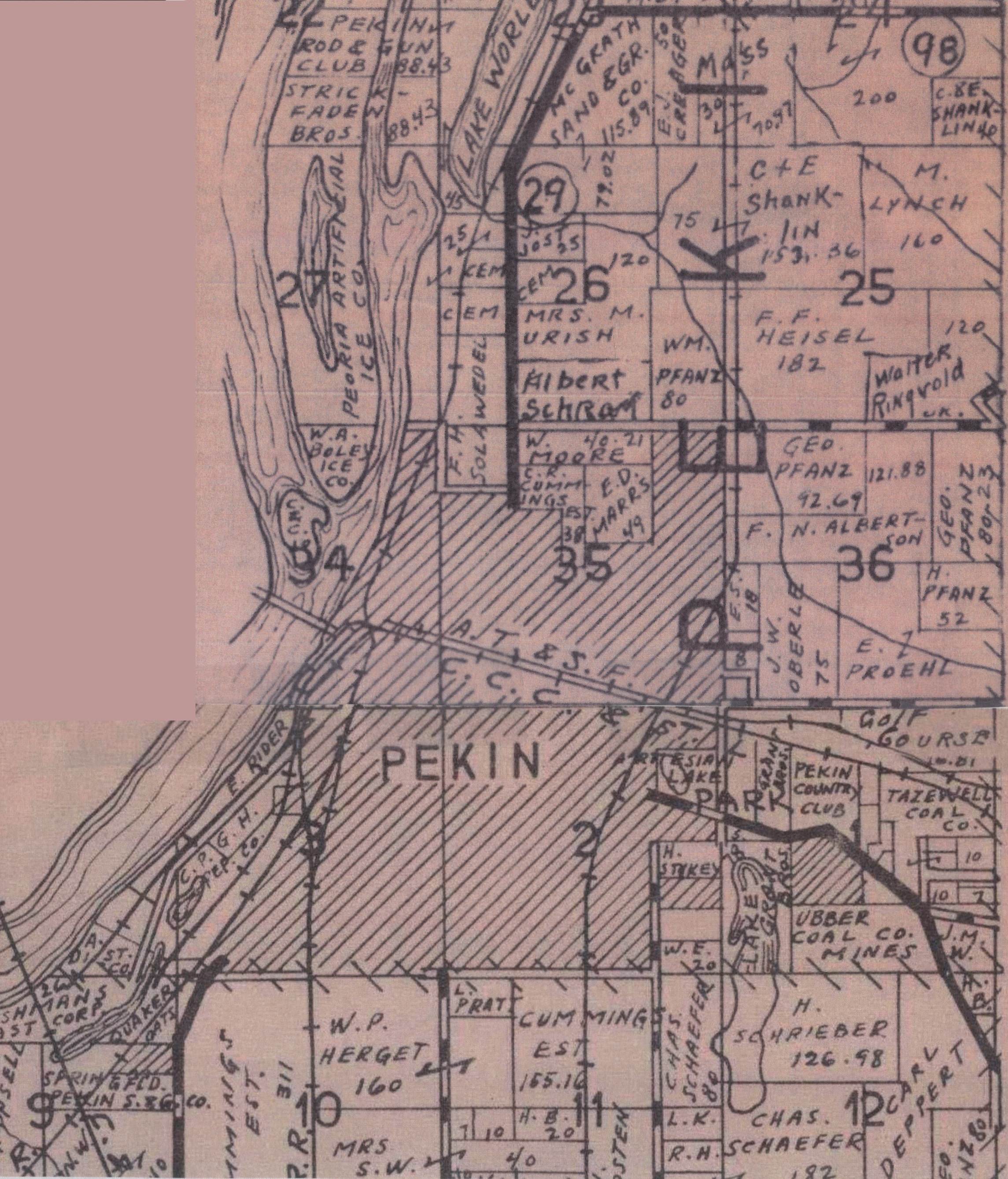
Fourteen separate ideas (and complaints) were submitted as areas for improvement, which the Daily Times listed in the order in which they were brought up. The newspaper article didn’t name any of the people who submitted the ideas, apparently because anonymity at the program had been extended in order to encourage people to speak their minds freely.
First on the list was adequate housing. “No place here for people to live who want to come to Pekin; no place for rent, and if a house does show up, rent is too high,” the Daily Times article said. “No houses for sale, and if one is offered, the price is $1000 too high. Fine families are going elsewhere to live because of no available living quarters in Pekin. If private home capital won’t furnish homes here, how about a federal project? What happened to the one that was started? Must our river front continue forever as it is? Why not a low cost housing project for them?”
Next on the list was a proposal to start a YMCA in Pekin. “Pekin’s boys and young men need a YMCA. Why is it that other cities of 20,000 have ‘Y’s’ but Pekin has none?”
After that, a complaint was raised about city residents paying a tax for garbage collection, yet the city did not pick up the garbage. “Answer of the commissioners is that Pekin’s property (houses and factories, but especially the industries) are assessed so low that even the limit of taxes (two mills) will raise only $16,000. This $16,000 means only 24 cents a month per home, and nobody will collect the garbage for that.”
Several other people at the meeting, especially some doctors and school administrators, suggested that something be done about “Pekin’s crazy quilt of street names (Mary in one end of town, St. Mary in another, one street having three names on its way across town), and the crazy numbers of these streets (numbers being lower to the east than west), and the lack of both street signs and numbers. Patients die while doctors hunt street names and numbers.”
Someone else suggested a viaduct over the railroad tracks on North Eighth Street – in those days, of course, Pekin had many more railroad tracks than it does today. The suggestions of other people had to do with a perennial concern of Pekin residents and visitors – inadequate parking downtown. Some suggested making changes to the county courthouse square that would enable diagonal parking instead of parallel parking, or installing parking meters downtown.
Then came a suggestion that Pekin public schools should offer Kindergarten classes. “School board has authority to start one IF it had money. Again a case of assessments being so low there is insufficient taxes,” the Daily Times said. Others said Pekin needs night school for teenage servicemen returning from the war, while another suggested that Pekin ought to have its own junior college, because “Pekin is below the national average in high school grads who go on for higher learning.” But again came the answer from elected officials: “Too little taxes.”
Among the other suggestions that night were the construction of a new hotel, the setting aside of open areas by the Pekin Park District to prepare for future recreational needs, and making better and more frequent use of high school and grade school facilities for recreational activities for young people.
At the end, the forum was summed up “with a speech by one of Pekin’s top citizens who owns considerable property here and who has watched the city’s history perhaps more closely than any other man. He stated that nearly all our problems, from garbage collection to schools, stems from the fact that property is assessed so low that the entire total is only $8,000,000, include all our furniture, autos, homes, railroads, stores, real estate, fields and factories – and that the legal limit of taxes for garbage, schools, fire protection, parks and what not can’t add to much of a figure if the whole wealth of Pekin is assessed at only eight million dollars. Not eighty, but eight.”


